AOC, Dublin
It’s all too easy to hop on your neck-beard high horse and ride into the Mallorcan sunset claiming, ITV’s Love Island, and anyone that watches it, is superficial, narcissistic, idiotic and an affront to all that’s good in the world of television (jesus wept). You and Piers Morgan, who says the show is for morons and its contestants are ‘cretins’, might be the £50k winning couple none of us saw coming (an Amber & Greg of smugness) but Piers would almost certainly take the money and leave you hanging.
Yet the hit show is not much of a stretch from every other reality show; producers create the content under the illusion of honesty, people acting like idiots is a bit of fun, soap opera style romance and drama flesh out the hour long episodes and it’s all made in the edit. Aside from incubating damaging mental health, which I’ll touch on a bit later, the worst part is it’s a commercialist fever-dream where everything from the thongs to the pillow cases are branded and sold in 50+ hours, per season, of ads to a young unsuspecting public and under the nose of broadcasting laws. If you thought Instagram influencers were dodgy for trying to hide ‘#spon’, it has nothing on ITV’s shady dealings.
Commercial Grafting

It claims responsibility for popularising bicycle shorts and perspex heels, yet the contestants on Love Island never really pick what they want to wear, Manchester-based Boohoo billionaires select it for them. The Kamani family, who own online markets like Boohoo, Miss Pap, Nasty Gal, Karen Millen and PrettyLittleThing, trap islanders into fashion contracts before even starting the show. If the producers are giving the secret contestant details to brands, they must be getting paid to do so. Almost everything you see is sponsored and viewers are led to believe otherwise. ITV and this Manchester monopoly hide behind, I Saw It First, run by Jalal Kamani, the only ‘official’ partner with the show – which is little more than a front for funneling the same sweatshop fast-fashion, just with a different name – while Boohoo and PLT commercials flood the ad breaks.
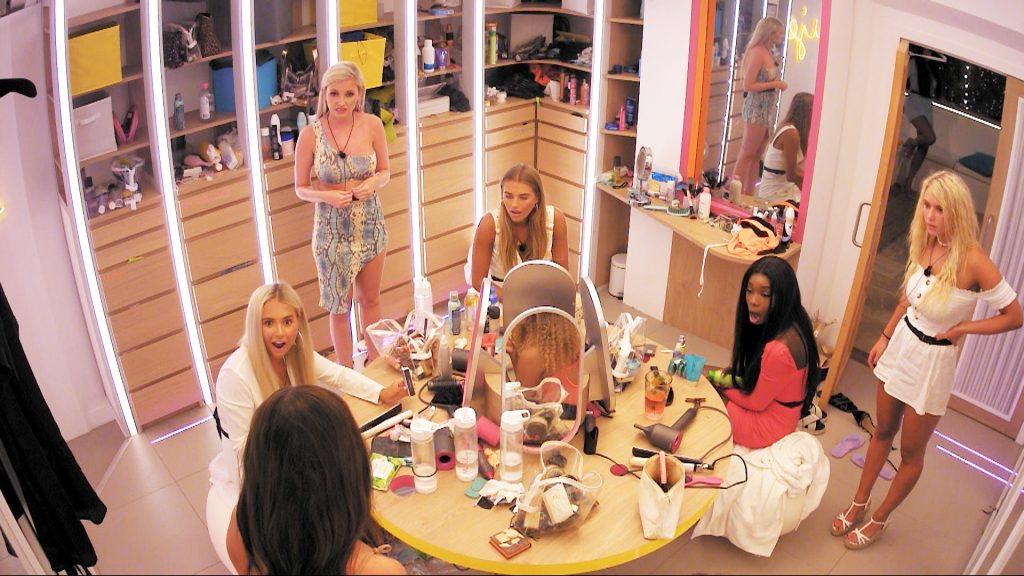
Until we get a good look at the new Winter season, it’s difficult to tell where the show ends and the sponsorship begins. In the past however, River Island had been paying big bucks to dress the bedroom and for a few golden pineapples about the place and Samsung provided phones locked from the outside world, presumably another sponsorship deal. Dyson, GHD, VO5 and Superdrug products are conveniently scattered around the beauty room, with little to no mention of which are official sponsors, which are product placement and which is actually selected by islanders. That’s also excluding the fact that, off camera and never mentioned, islanders can avail of beauty treatments, helping give the illusion that a €400 Dyson hair dryer
isn’t a stupid fucking waste of money.
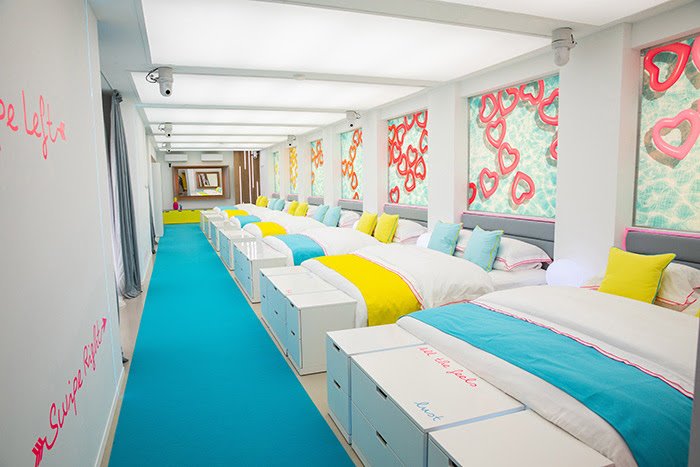
Female contestants have claimed that some mornings they’ll sit and cry in the beauty room over the pressure and work of putting on a full face of makeup, tan, waxing, nails and doing their hair every single morning for up to 56 days. Obviously, this never makes the final edit.
By allowing brands to contact contestants ahead of time, with ITV taking a cut of most agreements, the producers and companies have successfully dodged a lot of product placement restrictions and legislation around commercial broadcasting.
Fuckboy ITV
A possible 8 weeks out of work could set the singletons back £2,680, given an average wage minus the £250 they get a week for participating. Not even considering the possible life destroying results of a heavily produced depiction of all your worst qualities, ITV also demands that you pay them for the privilege! Just as the show was getting big, the multi-million pound network brought in a 3 year clause to contestants’ contracts in which ITV takes 10% of any money they make for 3 years following the show. So whether it makes or breaks your public image, 10% of anything you earn goes to them.
[youtube https://www.youtube.com/watch?v=1V8i_njWwjM]
Given that a vast majority of islanders are hand picked, and don’t actually apply, those who have already put the work into a social media career or ‘personal brand’ have their fan bases high-jacked by producers to increase viewership/revenue, with the actual contestants never seeing a penny of it. As soon as they leave, they become nothing more than objects for their agents (usually suggested by ITV) to make a bit of instant cash, pushed to exhaustion and break down and their mental health certainty reflects that.
Where’s their head at?
In March 2018, ITV launched ‘Project 84’. It placed 84 statues on the roof of the This Morning studio and London’s Southbank Tower to highlight the 84 men that commit suicide each week in the UK. One year later, former ITV Love Island contestant, Mike Thalassitis, aged 26, hung himself in a park in North London. Two months later, a former Jeremy Kyle Show guest killed himself following his televised infidelity.
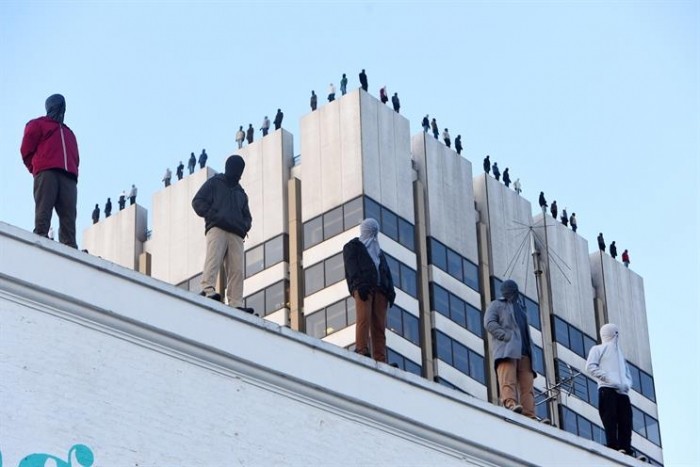
It wouldn’t be fair on anybody to make a direct correlation between Thalassitis’ death and the media pressure of life after the island, but from This Morning’s ‘freak of the week’ style segments, X Factor’s platforming of the mentally unstable or Kyle’s blatent shaming of poverty/disability stricken relationships, their mental health publicity stunt certainly falls a bit flat doesn’t it? Even though it was revealed another former Jeremy Kyle guest, Erica Pawson, also killed herself in 2005, six days after her appearance, it wasn’t until recent public outcry did ITV axe the show. Does anyone expect the private company to live up to all its new promises of taking care of people they make money from?
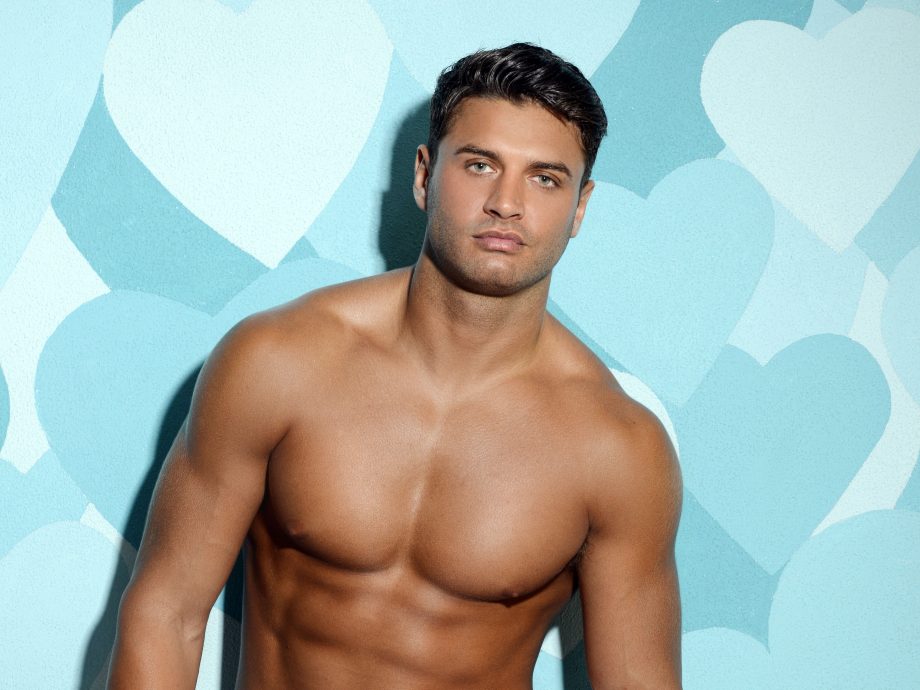
Just weeks after the end of Jeremy Kyle, ITV were caught on the lookout for guests for a new show about infidelity. “Are you ‘the other woman?’”, one of their social media posts asked.
Not being funny but…
Irish Love Island hero from 2019, Maura Higgins, recently confessed that she was essentially imprisoned in solitary confinement by producers. “Before I went on, I was promised I would be in the villa in the first three days. Two weeks and three days I was on lockdown… in the hotel, no phone, no TV, no anything with a chaperone. On the bad days, you can sit in a room with the chaperone on her laptop but not on your own”.
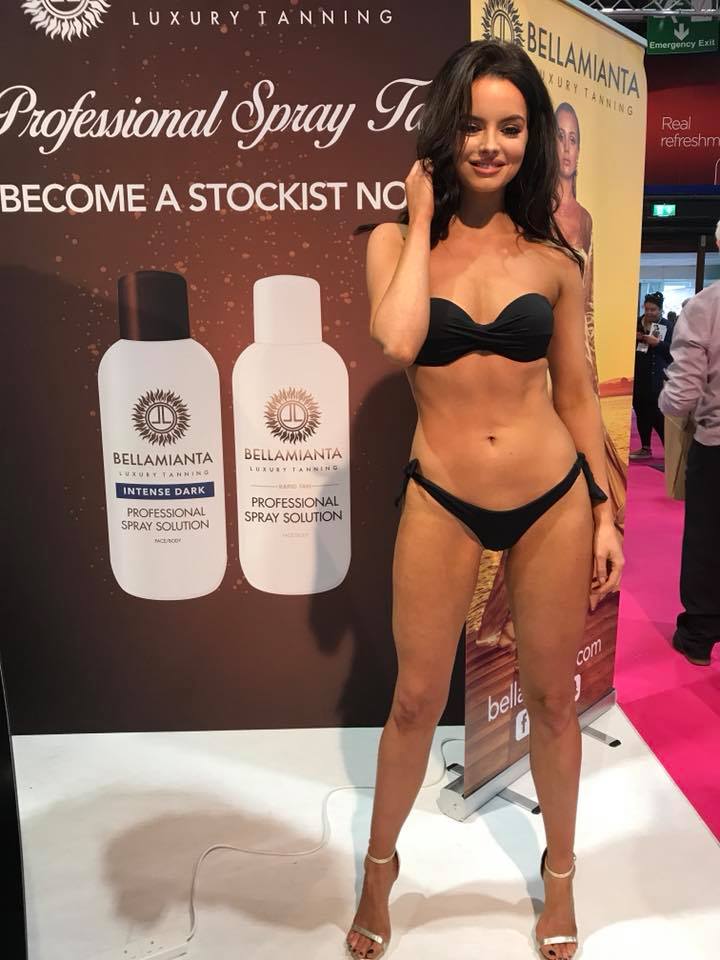
It’s all too easy to claim viewers are the only victims of Love Island – yes, without any media/sponsorship awareness, and particularly young people, we are sold a harmful, unrealistic depiction of reality and body image (even the grass in the garden is fake, like) along with dozens of unsuspecting ads – but it’s the (primarily) working-class twenty-something Islanders, just looking to make their lives a bit better, who feel the full force of media bullying, online pressure and the weight of multinational corporations signing them up as disposable cash-cows.
Reality television too often falls on the mentally unwell, struggling families or frustrated working-class people and we deserve better than just being mugged off and reduced to marketing opportunities for billionaires.
